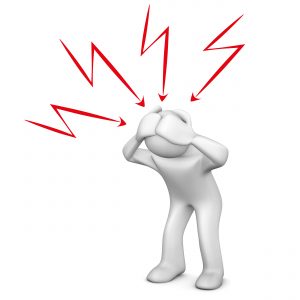 Headache is a very common problem following Acquired Brain Injury and may result from a number of causes.
Headache is a very common problem following Acquired Brain Injury and may result from a number of causes.
- Patterns associated with neuronal injury or intracranial complications such as haemorrhage, contusion, sepsis, or changes in intracranial pressure. Emotional responses to injury may also contribute. Symptoms are typically persistent, poorly localised, unrelated to posture or movement, with few if any identifiable aggravating or relieving factors. A sudden deterioration may suggest an intracranial complication. Common examples include:
- Post concussive headache.
- Paroxysmal Sympathetic Hyperactivity / Dysautonomia.
- Tension headache.
- Extracranial causes of headache include:
- Cervicogenic or musculoskeletal headache resulting in referred pain that may have a mechanical pattern in that symptoms may be influenced by head or neck movements or posture. They may also be relieved by physical interventions such as application of heat, cold or massage. These are considered to be patterns of referred pain.
- Injuries involving facial bones or sinuses.
- Neuropathic patterns associated with cranial nerve injuries.
- Analgesic rebound headache most likely related to opioids, but can also be due to caffeine or other headache analgesics.
- Migraine (coincidental): This is a very infrequent cause.